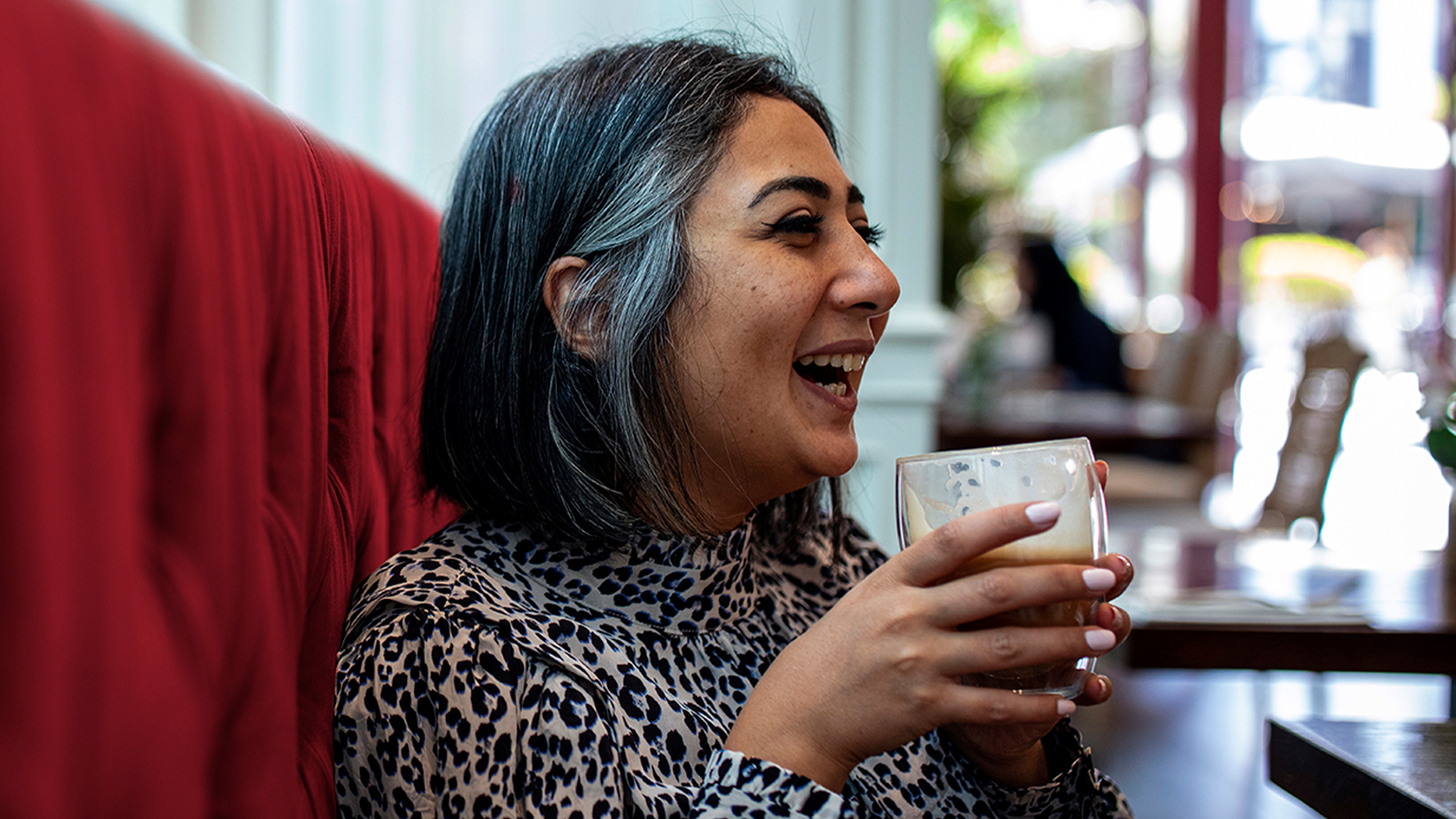
With lively cities like Dubai, Sharjah and Abu Dhabi, and a highly developed infrastructure and good international schools, living in the UAE can be an exciting move.
Find out everything you need to know with our guide.
Capital city: Abu Dhabi
Currency: United Arab Emirates dirham (AED)
Time zone: Gulf Standard Time (GMT + 4)
Main language: Arabic
With year round sunshine and a sub-tropical climate, getting used to the heat can be one of the biggest challenges for expats.
During the summer months, June to September, temperatures can reach over 45 degrees Celsius. The cooler months, December to March, have temperatures around 24 degrees Celsius. Buildings are generally air-conditioned to help with the heat[@footnote-1].
Visas can be sponsored by a number of organisations, including airlines, or other resident expats, if you’ve not secured a job yet.
You’ll then need to obtain a UAE residency visa and an emirates ID card. You can get a residency visa by:
If you plan on working while you’re living in the UAE, you can then apply for a work permit.
The process can be relatively straightforward, especially if you already have a job lined up before making the move. As well as sponsorship, a lot of companies will help with the process and paperwork of a visa application.
It’s illegal to work in the UAE on a tourist visa, so always check you have the right visas and permits for your time here.[@footnote-2]
You’ll probably want to get online as soon as you arrive in the UAE. So we’ve outlined what you need to know to get connected on your mobile and in your new home.
There are 3 telecom companies to choose from:
Once you’ve chosen a provider, you’ll need a valid Emirates ID to register and sign up for a mobile.
When it comes to home internet providers, residents have a choice between Etisalat and Du. You must be 21 or over to set up a home internet account.
You’ll also need to provide a range of documents, including:
For more detailed info on connectivity, visit the Telecommunications Regulatory Authority website.
Accommodation is likely to be one of your biggest expenses while living in the UAE. Depending on how long you’re planning on staying, you may want to look at both renting and buying a property.
It’s common to pay your rent for the year upfront, alongside a security deposit. Some landlords accept post-dated cheques, so it may be worth speaking to a prospective landlord about this.
You’ll need to present your residency visa, passport and proof of income when you sign the lease.
Both furnished and unfurnished properties are available, depending on where you’re wanting to live. If you’re looking for a place, some of the more established property rental websites, include:
It’s a good idea to start saving for your accommodation well in advance, but you may want to consider taking out a loan to help cover the cost. If you’re moving for work, you may find your employer has allocated housing for expat employees, but this isn’t always the case.
Expat property purchases in the UAE are restricted to designated areas, called ‘freehold areas’. There’s a range of freehold areas, offering different price points and property types. You can buy properties that are ready to move in to, or ‘off plan’, which is property that’s marketed but not yet built.
We offer mortgage services if you’re considering buying a property in the UAE.
For more detailed info on UAE property laws, visit the Dubai Land Department website.
To access utilities, you’ll need to register with the respective utility company in the Emirate of your residence and pay a refundable deposit with setup fees.
You must also register your tenancy with Ejari, the Real Estate Regulatory Agency. This requires a number of documents, including:
Many expats move to the UAE for work. The working week runs Sunday to Thursday to observe the Muslim holy day of Friday.
It’s typical to work 8 hours a day, but some businesses may extend this to 9 hours a day.
There are many different industries throughout the country as well as the option to be self-employed. You’ll need to make sure you have the correct UAE work visa depending on the type of employment you’re after.
It’s a good idea to have your bank acount set up before you start working, to ensure your employer can pay your salary. You may also want to check whether you can add to your pension while working here.
Although some smaller shops and restaurants may require you to pay with cash, credit and debit cards are widely accepted.
Depending on the card you have and who you bank with, you may get rewards for spending. For example, with an HSBC credit card, you can get offers and discounts at specific retailers.
Find out more information on HSBC credit card rewards.
Explore more: Setting up your finances in the UAE
While there may be no income tax, there are other taxes to pay in the UAE. Residents pay 5% VAT on the purchase of all goods and services.
For more detailed information on UAE tax obligations, visit the Federal Tax Authority website.
The UAE has a range of good international schools. Places can also be limited, so it’s worth trying to find and secure a school place before you move.
You may be able to send your children to a public school, which generally teach in Arabic, although most expats opt for international schools.
For more detailed information on education visit the Knowledge and Human Development Authority website.
It’s also worth looking ahead and starting to save if your child is likely to be attending university in the UAE.
For more detailed information on major school groups, visit the GEMS education and Taaleem websites.
A large majority of new arrivals settle in Dubai. The city has a vast and well-appointed transport system that includes:
You can access all of these through a NOL smart card, which you can buy from ticket offices and vending machines in Metro stations.
You can also hire private cars. The 2 main ride-sharing apps are:
For more detailed transport information visit the Roads & Transport Authority website.
If you’re planning to drive, traffic regulations are strict and there's a zero-tolerance policy towards drinking and driving. You can drive with an international licence, but you'll need a local licence if you have residency status.
Islam is the official religion of the UAE and plays a big part in how Emiratis live their everyday lives. The government follows a policy of tolerance towards foreigners and allows them to practise their own religions. By the same token, non-Muslims are expected to respect the religious customs of the country.
Ramadan is the holiest time of the year in the Islamic calendar. You should avoid eating, drinking and smoking in public or in front of Muslim friends and colleagues, during fasting hours. At sunset, expats are encouraged to join in the breaking of the fast.
Many companies operate on reduced hours and provide special rooms where non-Muslim employees can eat during the holy month.
Moving to a new country can be exciting, but there’s a lot to think about. Creating a checklist for moving to the UAE can help you get everything organised.


